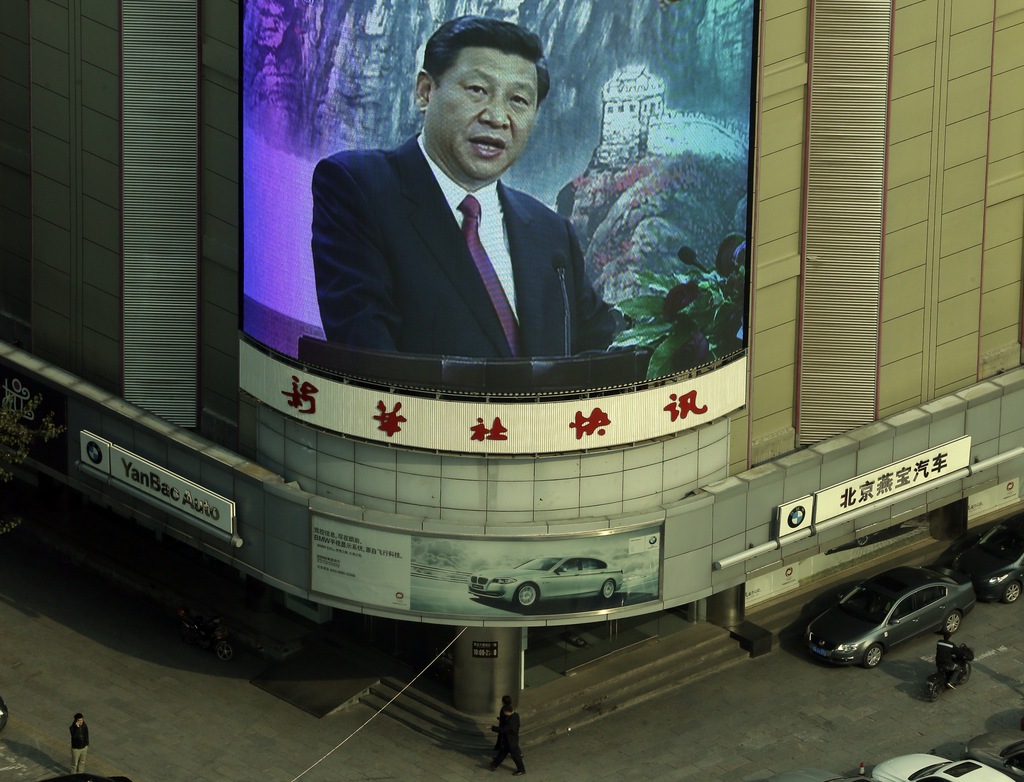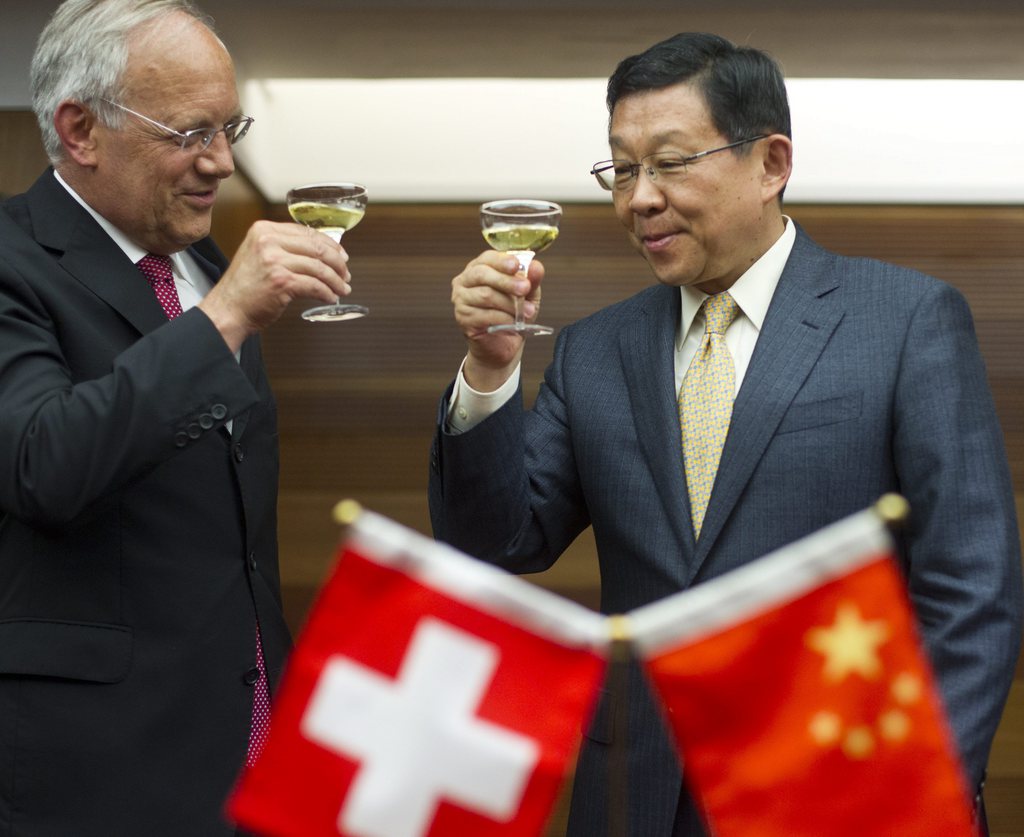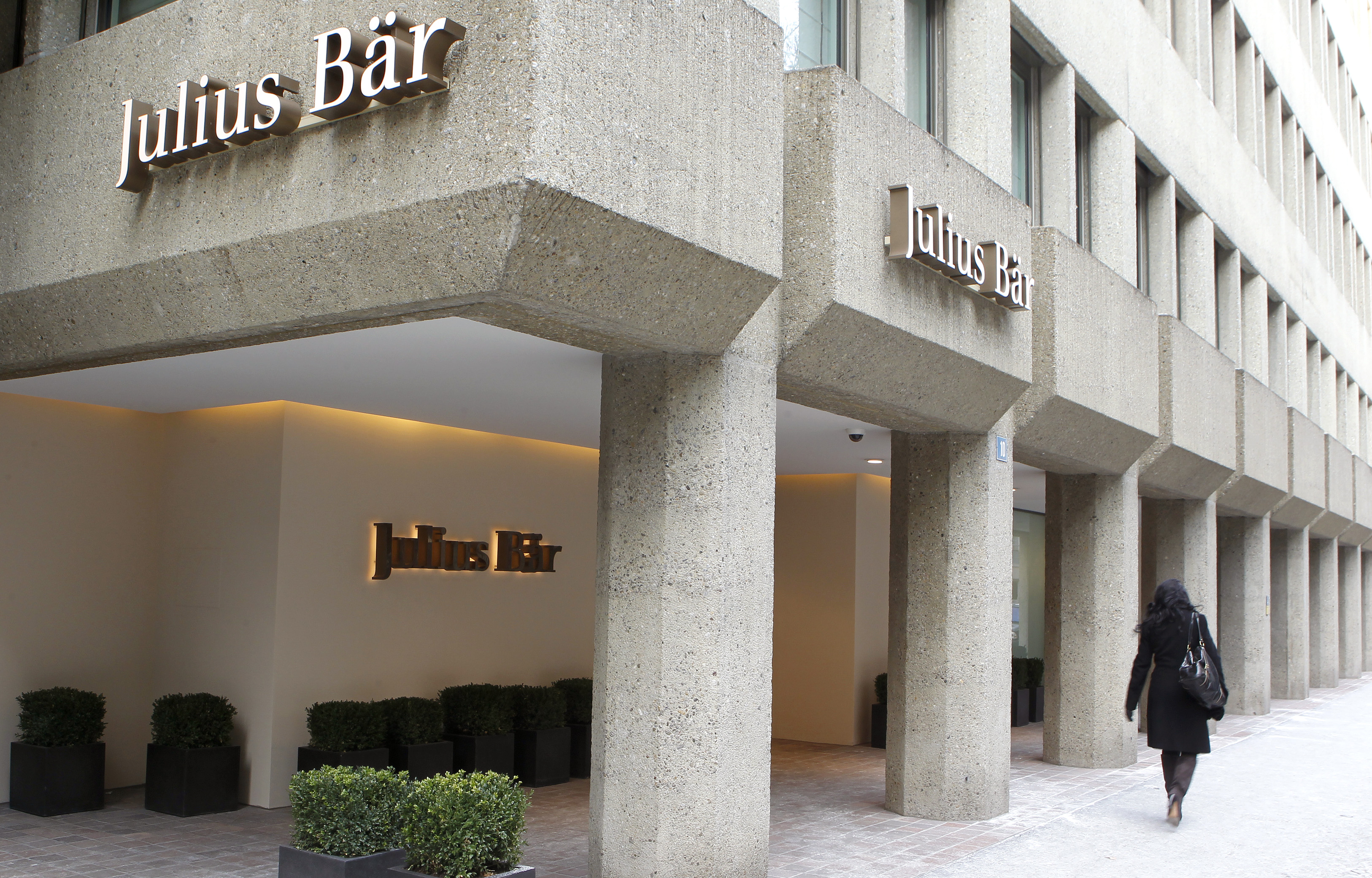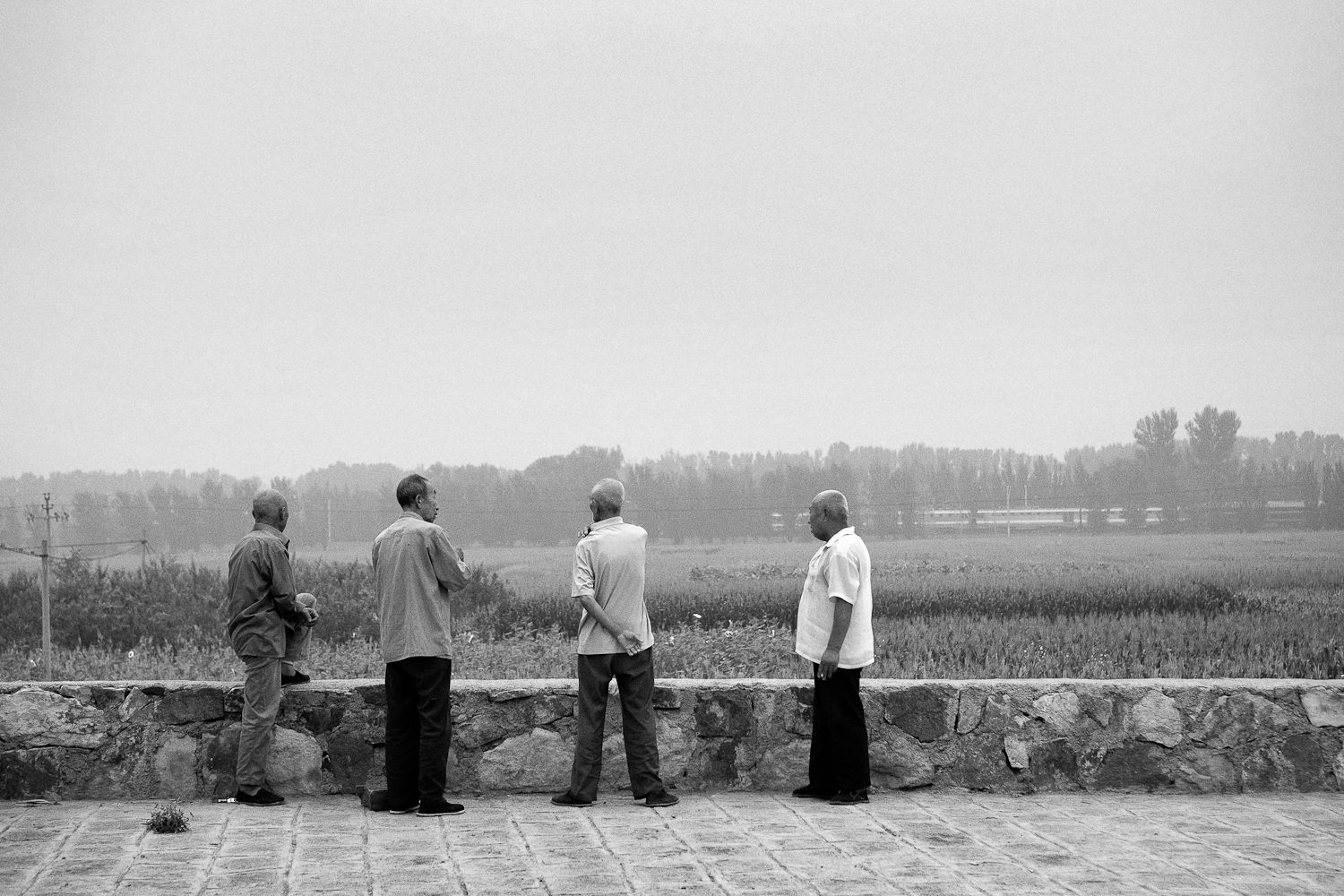Media don’t hold breath for Chinese reform

Swiss papers agree that even if Xi Jinping, China’s new leader, is a decent guy, conservative technocrats are the winners of China’s biggest political handover in a decade.
“Sobering and yet not hopeless” was the title of the editorial in the Basler Zeitung, commenting on Thursday’s naming of Xi Jinping to the top post of the ruling Communist Party.
Long-anointed successor Xi “spoke openly and smiled”, it wrote, at the end of a weeklong Communist Party congress and months of divisive bargaining “and also had some friendly words for journalists – this was in marked contrast to his predecessors, who by and large read woodenly from scripts when in public”.
And then the disappointment: Xi gave no hint of new thinking to address the various problems piling up. The lack of specifics and the new leadership heavy with conservative technocrats deflated hopes for change.
“Expectations were probably too high,” continued the Basler Zeitung. “Anyone who thought the Communist Party would introduce reforms and change fundamentally was going to be disappointed sooner or later.”
Problems that have long festered – from the sputtering economy and public demands to end corruption to friction with the US and territorial spats with Japan and other neighbours – have worsened in recent months as the leadership focused on the power transfer.
“Leninist”
Le Temps in Geneva pointed out that Xi had not been elected by the people whom he promised to serve, “but by a conclave of peers no different from the Leninist machine of a previous time”.
“Don’t expect any reforms from this new ‘management collective’, which is clearly dominated by the conservatives,” it said.
The Neue Zürcher Zeitung agreed that the conservatives had consolidated their power. “The courage for rejuvenation at the top is lacking – the impetus for the necessary changes must come from lower committees.”
Many of the challenges Xi confronts are legacies of his predecessor, Hu Jintao. In addition to relinquishing his role as party chief, having reached the two-term maximum, Hu also stepped down from the party commission that oversees the military. The move is a break from the past, in which exiting party leaders kept hold of the military portfolio for several years.
In foreign policy, the United States and other partners are looking for reassurance that China’s policy remains one of peaceful integration into the world community.
Tensions have flared in recent months between China, Japan and the Philippines over contested islets in the East and South China Seas. Mistrust of the US has also grown as it diverts more military and diplomatic resources to Asia in what Chinese leaders see as containment.
Plus ça change
The United States also appeared in an editorial in the Südostschweiz, which compared the elections in the world’s two superpowers, which took place within ten days of each other.
“In the US, the campaign was the centre of public attention for more than year; in China, it took place behind closed doors. In the US, millions of people cast their vote; in China, 2,270 party delegates nodded through the new leadership,” it wrote.
But there were also similarities. “If the Chinese success story is to continue, the country cannot go on as it has until now – it’s going to have to take some difficult decisions. That’s something the People’s Republic has in common with the United States.”
Chief among the problems Xi and his team will have to tackle is the economy. Though Hu pledged more balanced development, inequality has risen and housing costs have soared. Over the past year, the economy has flagged, dragged down by anaemic demand in Europe and the US for Chinese products and an overhang from excessive lending for factories and infrastructure.
With state banks preferring to lend to state-run companies or not at all, private entrepreneurs have had to turn to unofficial money-lenders.
“Predictable”
“Predictable result,” said the Corriere del Ticino. “Once again Beijing has turned a new page without changing anything. In practice it’s the same old formula of a Marxist-based oligarchy wearing a capitalist coat out in public.”
As for political reforms, the paper said the country remains rigid.
“The new top brass stand out thanks to a total lack of willingness to take risks – this might work on a political level, but it goes against the principles of an increasingly capitalist economy.”
Switzerland recognised the newly established People’s Republic of China in January 1950, one of the first Western states to do so.
Bilateral relations between Switzerland and China have developed at a brisk pace since Deng Xiaoping launched his policy of liberalisation and reform in 1979.
Since 2002 China, including Hong Kong, has been Switzerland’s most important trade partner in Asia.
The trading volume reached a record SFr15.2 billion ($15.6 billion) last year – an increase of nearly 12% on 2010.
China is among the top three trading partners of Switzerland, behind the EU and the US.

In compliance with the JTI standards
More: SWI swissinfo.ch certified by the Journalism Trust Initiative





You can find an overview of ongoing debates with our journalists here. Please join us!
If you want to start a conversation about a topic raised in this article or want to report factual errors, email us at english@swissinfo.ch.